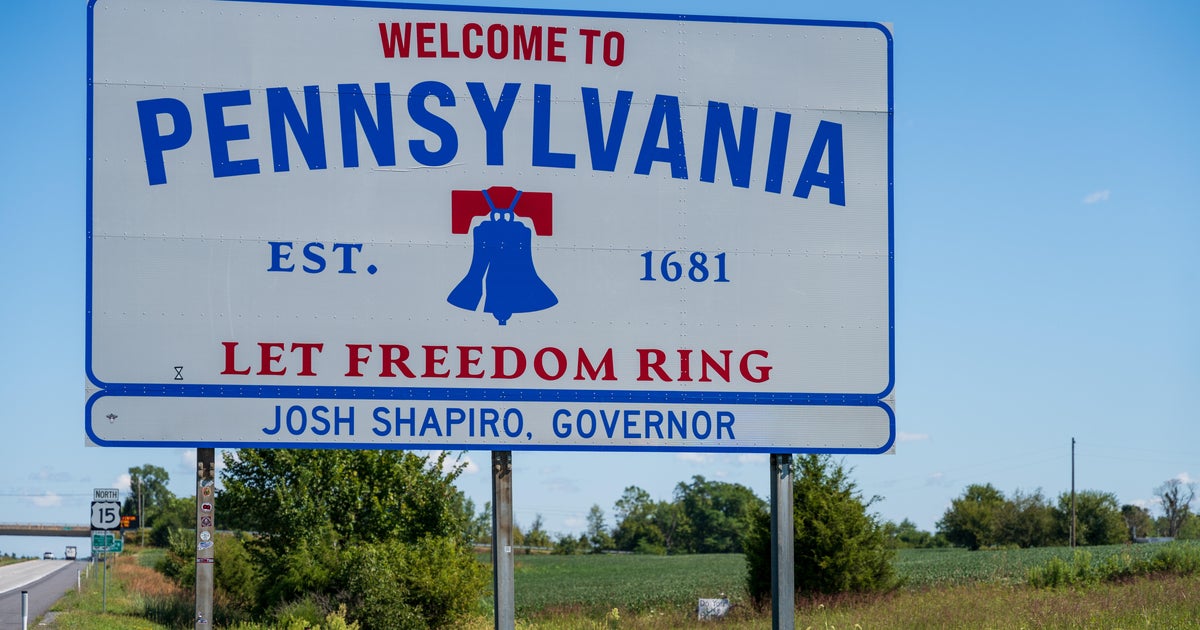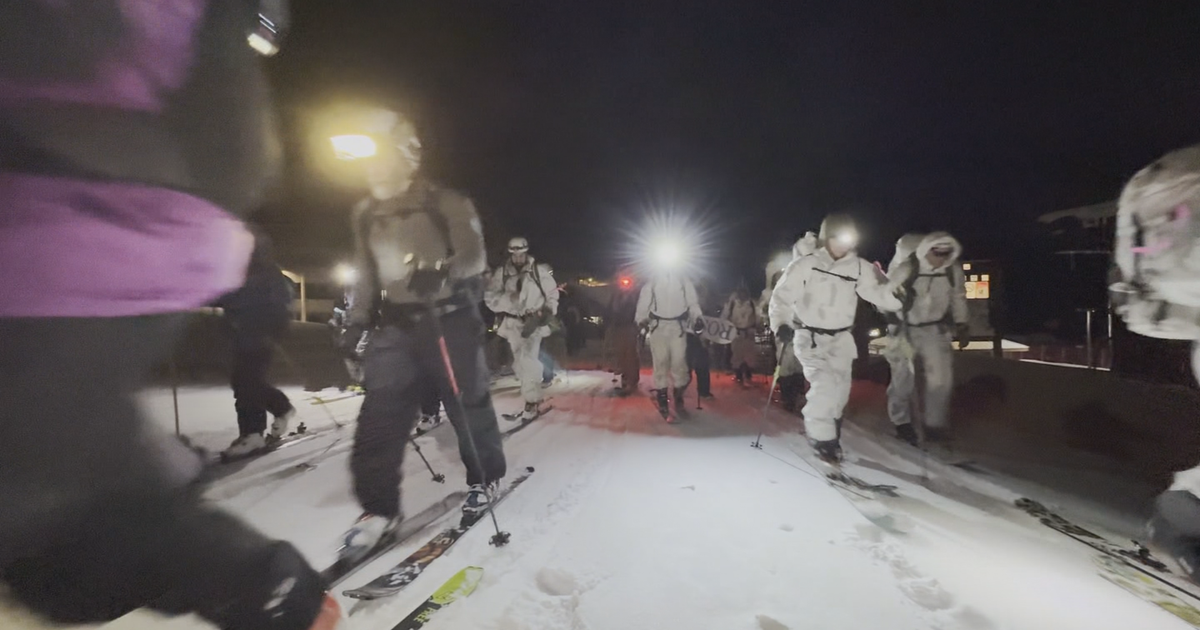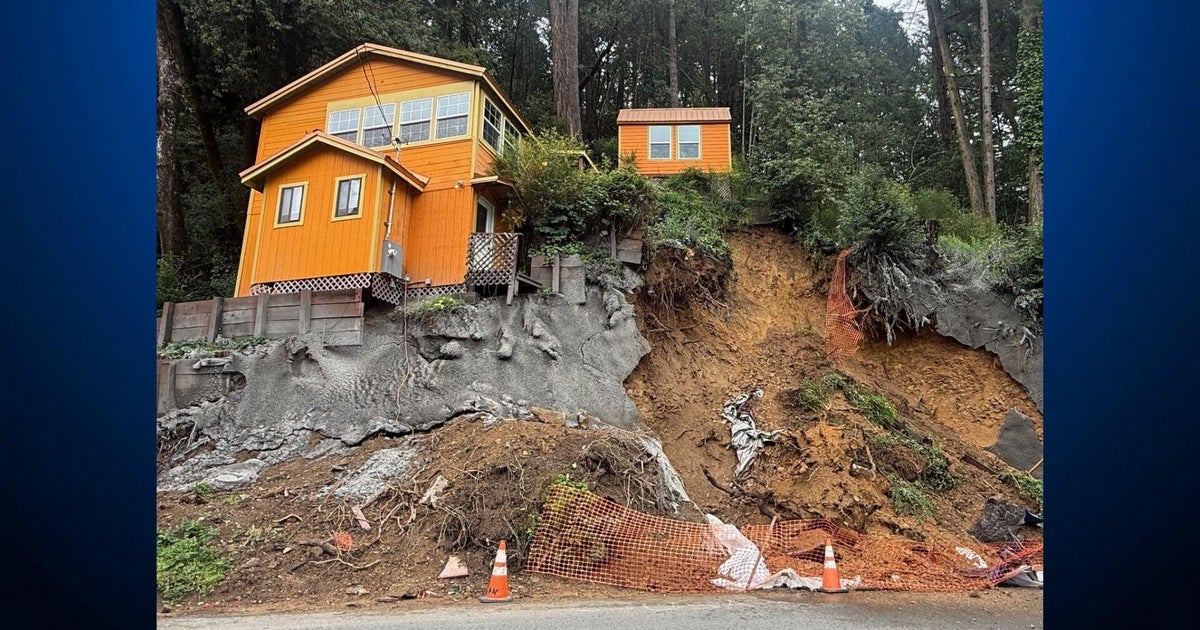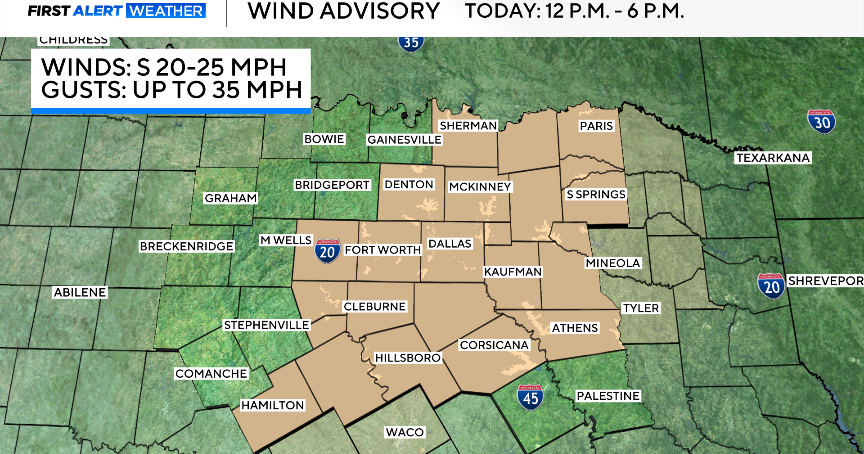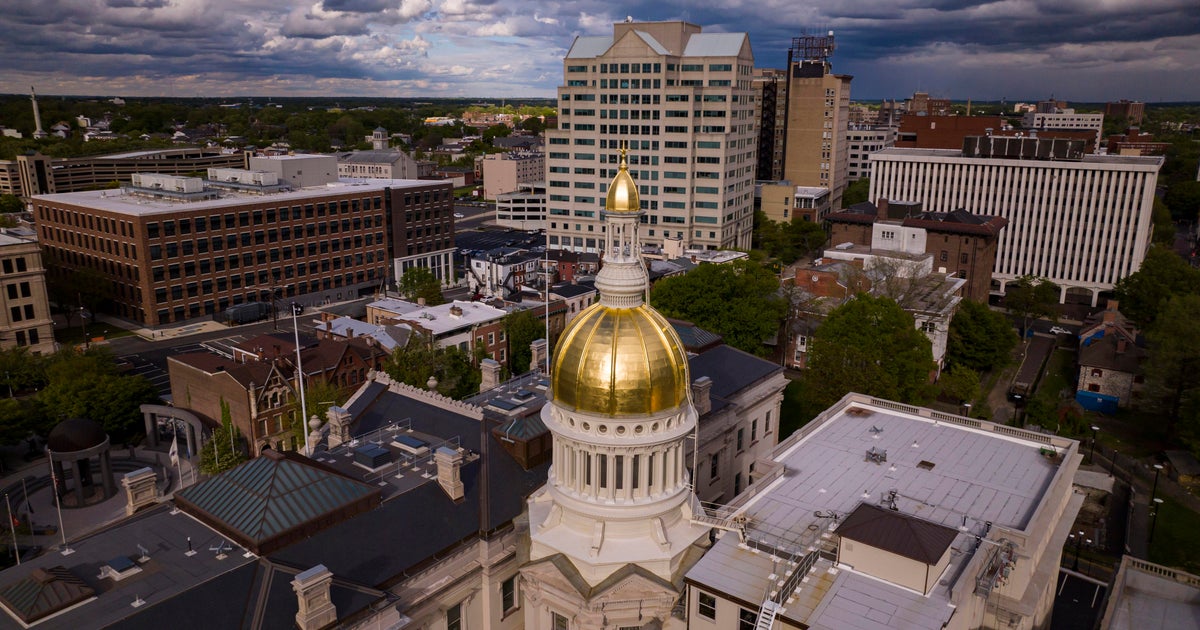Colorado Ranked No. 5 Among States Most At Risk Of Natural Disaster
DENVER (CBS4) -- A new study ranked Colorado in the top five states most at risk of a natural disaster -- and researchers warn 2020 is on pace to be the most "disaster-heavy year" due to the coronavirus. As of June 1, FEMA has declared 180 disasters -- with 154 of those pertaining to the coronavirus. And the United States is just entering its peak severe weather season.
"While the full cost of the coronavirus will be impossible to determine until the virus is under control, it will no doubt be among the costliest disasters in U.S. history," researchers stated. "With a $2.2 trillion price tag, the CARES Act alone is one of the costliest expenses ever paid by the federal government."
Also, researchers noted peak disaster season is just getting started. Between 1998 and 2019, the months of June, July and August have accounted for 51% of the total number of disasters declared (mostly hurricanes and rainstorms.)
ValuePenguin conducted a study to find the states where residents are most at risk -- and the average amount many will pay due to damage. Researchers say disaster costs are highly concentrated in 10 states, which have footed the bill for 80% of total disaster costs since 2014.
Top 10 states most at risk for natural disasters:
- Texas
- Louisiana
- Florida
- California
- Colorado
- North Carolina
- Michigan
- New Mexico
- Nebraska
- Georgia
The financial impact of natural disasters hits hardest in Texas, where annual costs have averaged $1,478 per household over the last five years.
Hurricanes and flooding continue to be the big culprits, and wildfires made a bigger impact over the last five years than during the previous period.
In Colorado there's an average of $464 million in damage statewide each year -- which works out to $220 in property damage per household. One major hail storm in 2017 was responsible for billions of dollars in damage.
"Colorado's costliest year was 2017, mostly due to the largest hailstorm in state history. On May 8, baseball-sized hail in the West Denver area during the evening commute resulted in $2.3 billion in home and automobile damage," researchers stated.
Hail damage is covered under most homeowners insurance policies, as well as comprehensive coverage for cars.
Researchers residents to check their insurance plans -- some standard insurances may cover some disasters, but may not cover others.

